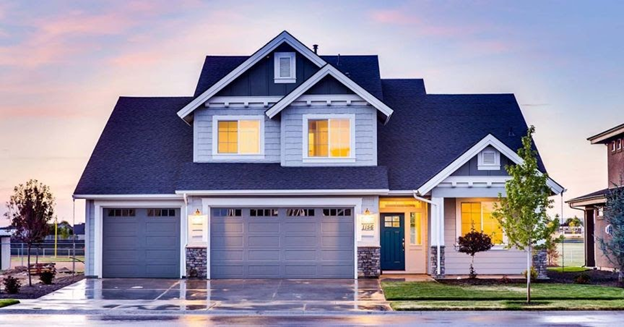Summary
- Current account surplus fell 39 per cent to A$10.0 billion in the September quarter.
- House prices in Australia rose for the second successive month in November.
- Building approvals for private sector houses were at the highest recorded level in October in 20 years.
Australia’s current account surplus (seasonally adjusted) in the September quarter fell 39 per cent to A$10.0 billion, on account of lower goods and services surplus, according to the latest data from Australian Bureau of Statistics (ABS). The current account surplus stood at A$16.3 billion in the June quarter.

Kalkine Image
In the September quarter, the balance on goods and services surplus stood at A$13.6 billion, a decline of $8.7 billion on the June quarter surplus of A$22.3 billion. While exports of goods and services dropped 6 per cent to A$6.5 billion, imports of goods and services surged 3 per cent to $2.2 billion. The net primary income deficit contracted by A$2.3 billion to A$3.3 billion.
READ MORE: UK housing market: More than 100,000 house sales expected during Q1 2021
The balance on goods and services surplus fell A$8.9 billion in seasonally adjusted chain volume terms, narrowing the surplus to A$12.8 billion. Coronavirus continues to impact activity across the balance of payments in the September quarter, said Branko Vitas, Program Manager of the International Statistics Branch. Surging imports and fall in exports of both goods and services is a key feature of the current account, Vitas added.
Rise in house prices in Australia
National house prices are bouncing back after taking a hit amid the coronavirus pandemic. The house prices in Australia surged for the second successive month in November, up 0.8 per cent over the month and 3.1 per cent over the year. It comes after a fall of 2.1 per cent in home value between April and September. Building approvals for private sector houses were recorded at the highest level in October since February 2000.
READ MORE: Zooming the Lens on Australia’s Housing Market
The prices may hit a new high in February if the current rate of growth remains maintained, according to the latest CoreLogic property price index.
Earlier this year, a few experts had predicted that the house prices may drop by up to 20 per cent due to coronavirus. The Reserve Bank generally interferes when the unemployment rate is on rise and makes it cheaper for the customers to purchase homes. Even the Reserve Bank Governor Phillip Lowe had earlier said the cash rate may not fall to zero, but rates could remain low to nearly three years.
The rise in house prices has also brought good times for the sellers. The settled sales in the last three months were seen to be nearly 1 per cent higher as against the same period last year, on account of robust performance in regional areas, according to CoreLogic's estimates.



